Medicine

Critical Care
An intensivist is a board-certified physician who provides special care for critically ill patients. Also known as a critical care physician, the intensivist has advanced training and experience in treating this complex type of patient.
Read More
Diabetes
Treatment for type 1 diabetes involves insulin injections or the use of an insulin pump, frequent blood sugar checks, and carbohydrate counting. Treatment of type 2 diabetes primarily involves lifestyle changes, monitoring of your blood sugar, along with diabetes medications, insulin or both.
Read More
Thyroid Disorders
Thyroid disorders are conditions that affect the thyroid gland, a butterfly-shaped gland in the front of the neck. The thyroid has important roles to regulate numerous metabolic processes throughout the body. Different types of thyroid disorders affect either its structure or function. The thyroid gland is located below the Adam's apple wrapped around the trachea (windpipe). A thin area of tissue in the gland's middle, known as the isthmus, joins the two thyroid lobes on each side. The thyroid uses iodine to produce vital hormones. Thyroxine, also known as T4, is the primary hormone produced by the gland. After delivery via the bloodstream to the body's tissues, a small portion of the T4 released from the gland is converted to triiodothyronine (T3), which is the most active hormone. The function of the thyroid gland is regulated by a feedback mechanism involving the brain. When thyroid hormone levels are low, the hypothalamus in the brain produces a hormone known as thyrotropin releasing hormone (TRH) that causes the pituitary gland (located at the base of the brain) to release thyroid stimulating hormone (TSH). TSH stimulates the thyroid gland to release more T4. Since the thyroid gland is controlled by the pituitary gland and hypothalamus, disorders of these tissues can also affect thyroid function and cause thyroid problems.
Read More
COVID-19 Medical Treatment
reatment for patients with mild/asymptomatic disease in home isolation Patients must be in communication with a treating physician and promptly report in case of any worsening. Continue the medications for other co-morbid illness after consulting the treating physician. Patients to follow symptomatic management for fever, running nose and cough, as warranted. Patients may perform warm water gargles or take steam inhalation twice a day. When to seek immediate medical attention: Difficulty in breathing Dip in oxygen saturation (SpO2 < 94% on room air) Persistent pain/pressure in the chest Mental confusion or inability to arouse
Read More
Hypertension
Hypertension is another name for high blood pressure. It can lead to severe health complications and increase the risk of heart disease, stroke, and sometimes death. Blood pressure is the force that a person’s blood exerts against the walls of their blood vessels. This pressure depends on the resistance of the blood vessels and how hard the heart has to work. Almost half of all adults in the United States have high blood pressure, but many are not aware of this fact. Hypertension is a primary risk factor for cardiovascular disease, including stroke, heart attack, heart failure, and aneurysm. Keeping blood pressure under control is vital for preserving health and reducing the risk of these dangerous conditions.
Read More

 Book Appointment
Book Appointment.png) Video Consultation
Video Consultation

